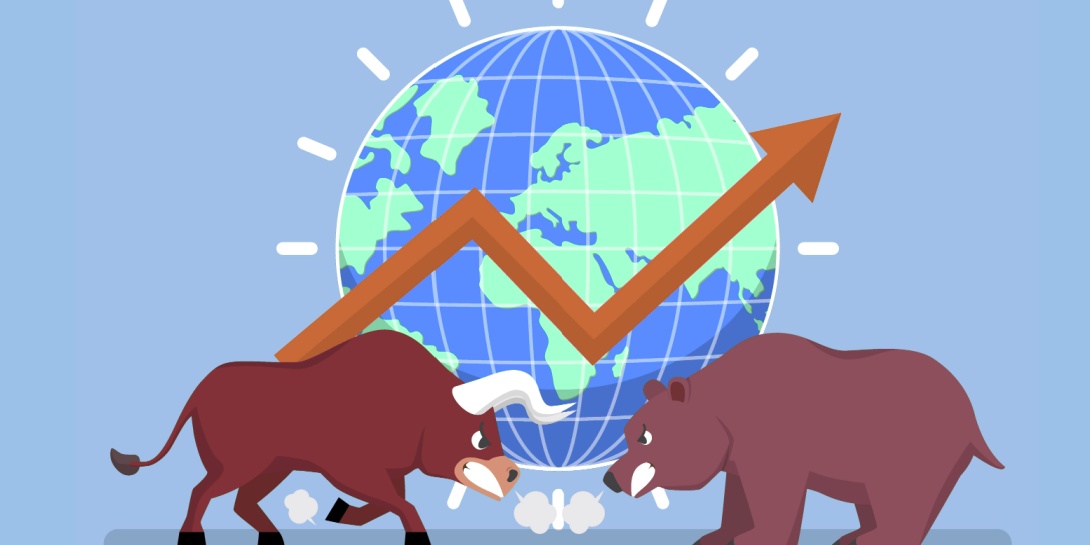Understanding the Global Sharing Economy
The global sharing economy has emerged as one of the most significant economic phenomena of the 21st century, fundamentally reshaping how resources are distributed, accessed, and utilized across international markets. This economic model, facilitated by platforms like share.global, enables individuals and organizations to monetize underutilized assets while providing others with cost-effective access to goods and services.
Research indicates that the sharing economy has grown exponentially, with market valuations reaching hundreds of billions of dollars globally. This growth is driven by several key factors: increased urbanization, rising environmental consciousness, technological advancement, and changing consumer preferences toward access over ownership. The COVID-19 pandemic further accelerated adoption as remote work and digital collaboration became essential for business continuity.
Successful global sharing platforms must navigate complex regulatory environments, cultural differences, and varying technological infrastructures across different regions. They must also address concerns related to data privacy, security, and fair compensation for participants in the sharing economy ecosystem.



